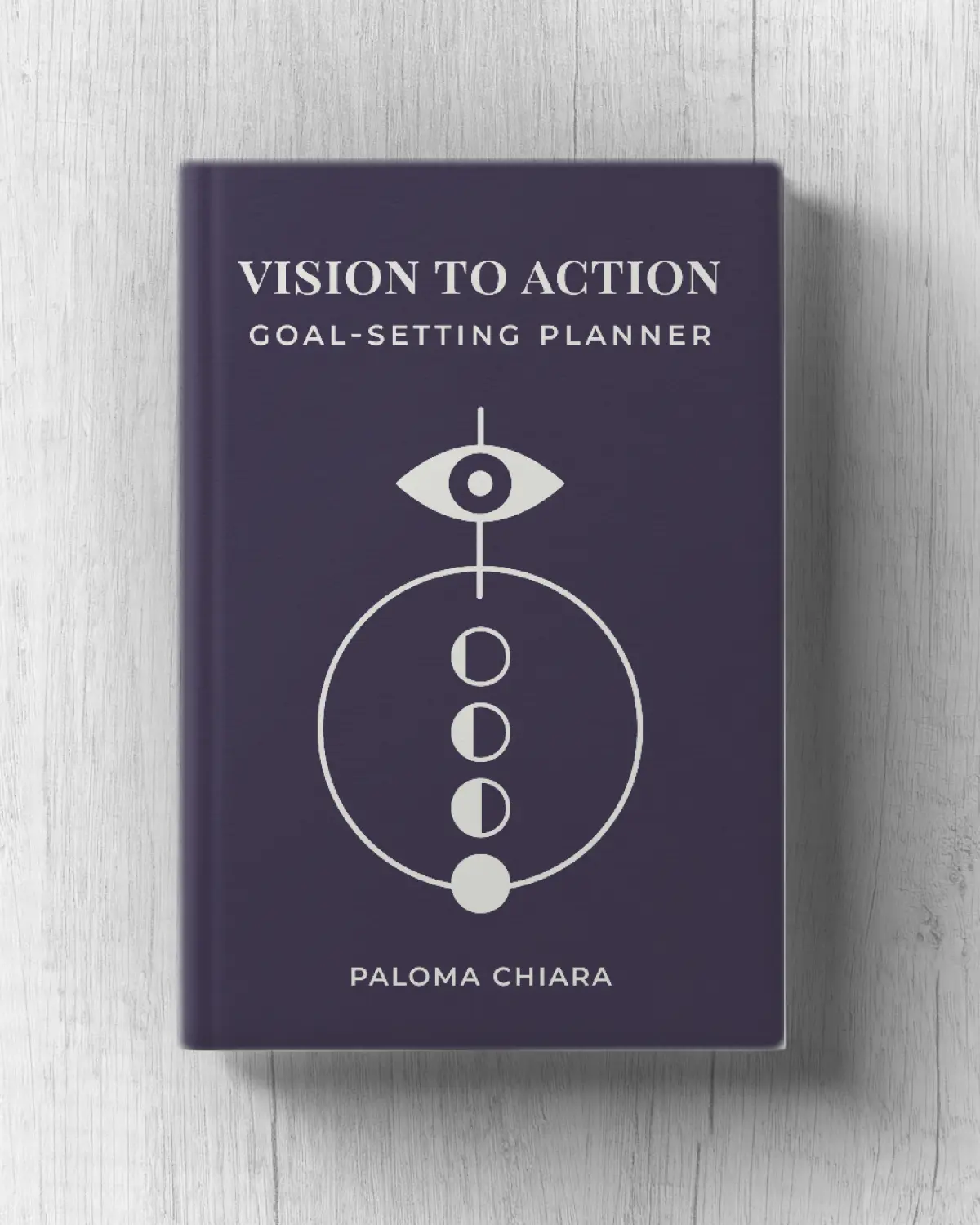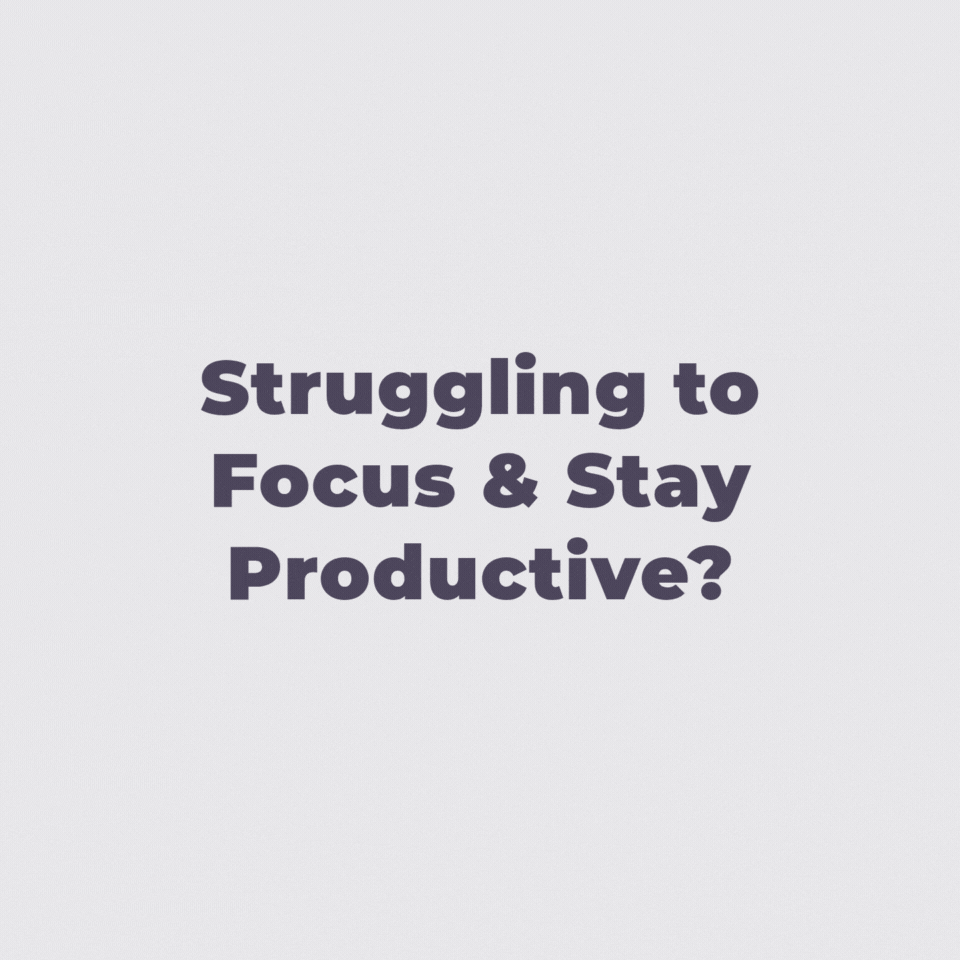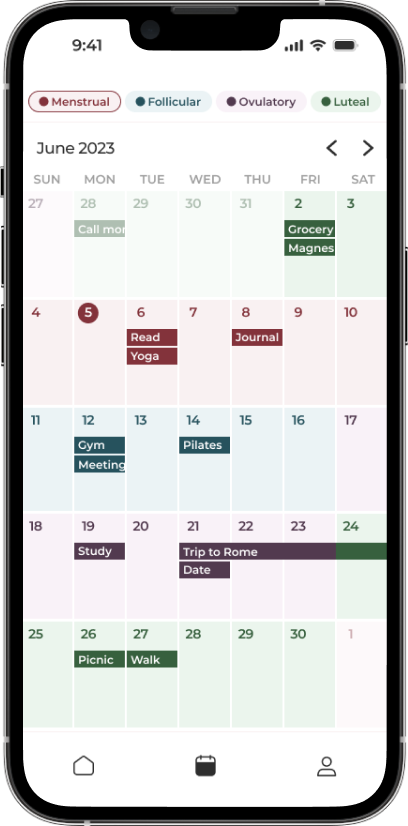Can a Life Coach Help with Relationships?

Relationships are an integral part of our lives, encompassing family, friendships, and romantic partnerships. While they can bring joy and fulfillment, they can also be a source of stress and conflict. When relationship issues arise, individuals often seek guidance and support to navigate them successfully. This is where a life coach can play a valuable role. In this article, we will explore common relationship issues, how they can impact our lives, and how a life coach can provide assistance in resolving them.
The Complex World of Relationships
Relationships come in various forms, each with its unique dynamics and challenges. Common types of relationships include:
1. Romantic Relationships
Romantic relationships involve intimacy, emotional connection, and often long-term commitment. They can be deeply rewarding but may also face challenges related to communication, trust, and compatibility.
2. Family Relationships
Family relationships include those with parents, siblings, and extended family members. Issues in family dynamics can range from generational conflicts to differences in values and expectations.
3. Friendships
Friendships are essential for our social and emotional well-being. However, they can be strained by misunderstandings, changes in life circumstances, or diverging interests.
4. Professional Relationships
Professional relationships with colleagues, supervisors, and clients are vital for career success. Challenges in this realm may involve conflict resolution, effective communication, and maintaining boundaries.
5. Parent-Child Relationships
Parent-child relationships evolve as children grow and become more independent. Parents may encounter challenges in setting boundaries, fostering independence, and maintaining a healthy balance between nurturing and discipline.

Check out the Vision to Action Planner for only 6$
More info6. Marital and Couples Relationships
Marital and couples relationships require constant effort to maintain connection and harmony. Issues such as communication breakdowns, intimacy concerns, and differences in goals can create friction.
Common Relationship Issues
While the types of relationship issues can vary widely, some common themes often surface:
1. Communication Problems
Effective communication is the cornerstone of healthy relationships. Issues in this area may involve misinterpretation of words or actions, a lack of active listening, or difficulty expressing feelings and needs.
2. Trust Issues
Trust is a fundamental component of any relationship. Trust issues can arise from past betrayals or insecurities, leading to doubts and suspicion.
3. Conflict Resolution
Conflict is a natural part of any relationship. However, unresolved conflicts can escalate and harm the relationship. Individuals may struggle with finding productive ways to resolve disputes.
4. Intimacy Concerns
Intimacy encompasses emotional and physical closeness. Challenges in this area can lead to feelings of distance or dissatisfaction, affecting the overall quality of the relationship.
5. Boundaries
Maintaining healthy boundaries is crucial for respecting each other’s autonomy and needs. Issues related to boundaries may involve setting limits or dealing with invasive behavior.
6. Compatibility and Goals
Differing values, goals, and priorities can create tension in relationships. Compatibility issues may involve deciding on long-term plans, such as marriage or having children.
How a Life Coach Can Help with Relationship Issues
A life coach can provide valuable support and guidance for individuals facing various relationship challenges. Here are ways in which a life coach can help:
1. Facilitating Self-Reflection
Self-awareness is the first step in resolving relationship issues. A life coach helps individuals reflect on their feelings, beliefs, and behaviors, allowing them to gain insight into their role in the relationship dynamics.
2. Enhancing Communication Skills
Effective communication is key to resolving conflicts and fostering understanding. A life coach can teach clients active listening, assertiveness, and empathetic communication techniques.
3. Identifying and Challenging Negative Patterns
People often fall into negative patterns in relationships. A life coach can help clients recognize these patterns and replace them with healthier alternatives. This process involves addressing ingrained habits and beliefs that contribute to issues.
4. Building Emotional Intelligence
Emotional intelligence, which involves understanding and managing emotions, is essential for healthy relationships. A life coach can work with clients to improve their emotional awareness and regulation.
5. Setting Clear Goals and Boundaries
Establishing clear goals and boundaries is crucial for navigating relationships successfully. A life coach can assist individuals in defining their expectations, setting healthy boundaries, and aligning their goals with those of their partners or loved ones.
6. Conflict Resolution Strategies
Conflict is inevitable in relationships, but it can be resolved constructively. A life coach can teach clients effective conflict resolution strategies, such as active listening, compromise, and negotiation.
Quiz: What Is Blocking Your Success?
This quick quiz will help you figure out which mental or behavioral pattern might be holding you back from achieving your full potential. Identifying your specific success blocker is the first step toward breaking through to new levels of achievement and fulfillment.
Read each question and choose the answer that feels most true to your situation.
No email or payment is required to complete the quiz and receive your personalized insights.
Once you have your primary success blocker, you have clarity about what’s been holding you back. This awareness is powerful—many people spend years struggling without understanding the specific pattern that’s limiting their progress.
Remember, these patterns aren’t permanent character traits but rather habitual ways of thinking and behaving that can be changed with the right guidance and practice.
If you’re ready to break through your specific blocker and achieve the success you know you’re capable of, send me an email to try out a coaching session. Your breakthrough awaits!
Tailoring Coaching to Different Types of Relationships
A life coach can tailor their approach to address the specific needs and dynamics of different types of relationships:
For Romantic Relationships
In romantic relationships, life coaches can assist couples in improving communication, reigniting intimacy, and navigating major life decisions. They may also help individuals prepare for healthy relationships by addressing past patterns.
For Family Relationships
Life coaches can facilitate family communication and conflict resolution sessions, helping family members better understand each other’s perspectives and work toward common goals.
For Friendships
Life coaches can guide individuals in building and maintaining healthy friendships, resolving conflicts, and addressing issues related to trust and loyalty.
For Professional Relationships
In the workplace, life coaches can help individuals develop strong professional relationships, manage workplace conflicts, and set boundaries that promote work-life balance.
For Parent-Child Relationships
Life coaches can support parents in navigating the challenges of parenthood, including effective discipline, communication with children of different ages, and fostering a nurturing environment.
For Marital and Couples Relationships
In marital and couples relationships, life coaches can provide couples with tools to improve communication, rekindle romance, and work through issues such as infidelity or differences in life goals.
The Complementary Role of Life Coaching
It’s important to note that while life coaching can be highly beneficial for many relationship issues, it is not a substitute for professional therapy or counseling, particularly in cases involving severe emotional distress, abuse, or mental health disorders. For serious relationship issues or when individual mental health concerns come into play, it is essential to seek the assistance of a licensed therapist or counselor.
Life coaching and therapy can complement each other in various ways:
1. Collaboration
Life coaches and therapists can collaborate to provide holistic support to individuals facing complex relationship challenges. This collaborative approach ensures that both the emotional and practical aspects of the issue are addressed.
2. Long-Term Progress
Life coaching can be particularly valuable for individuals who have completed therapy but want ongoing support to maintain their progress and continue working on personal development and relationship skills.
3. Skill Enhancement
Life coaches focus on skill-building, helping individuals acquire practical tools and strategies they can apply to various aspects of their lives, including relationships. This skill enhancement can be a valuable addition to the insight gained through therapy.
4. Accountability
Life coaches provide accountability and support for individuals as they work towards their relationship goals. Regular check-ins and progress assessments help clients stay committed to making positive changes.
In Summary
Relationships are a central aspect of human life, and they come with their unique set of challenges. A life coach can be a valuable source of support and guidance for individuals looking to improve their relationships and address common issues such as communication problems, trust issues, conflict resolution, intimacy concerns, boundary setting, and goal alignment. However, it’s crucial to recognize the limitations of life coaching and seek professional therapy when relationship issues involve severe emotional distress, abuse, or mental health disorders. By working collaboratively with therapists and life coaches, individuals can gain a holistic understanding of their relationship challenges and develop the skills and insights needed for healthier and more fulfilling connections with others.
Still waiting for the 'perfect time'?
Email me what you'd do if you stopped making excuses. We'll work backwards from there.
Let's startRecent posts
-
The Complete Guide to Becoming a High Achiever
Read blog -
How To Make a Positive Impact in Your Community
Read blog -
What Is the “Winter Arc” Challenge?
Read blog -
What Is "the Great Lock-In" and Should You Try It?
Read blog -
What Are the 75 Hard and Soft Challenges?
Read blog -
How to Validate Yourself
Read blog

The App Made To Sync Your Lifestyle to Your Menstrual Cycle.
A solution for women who are looking to keep track of what they sync to their cycles, such as fitness, diet, etc. by adding it to a calendar that also predict their phases.
Learn more





Comment